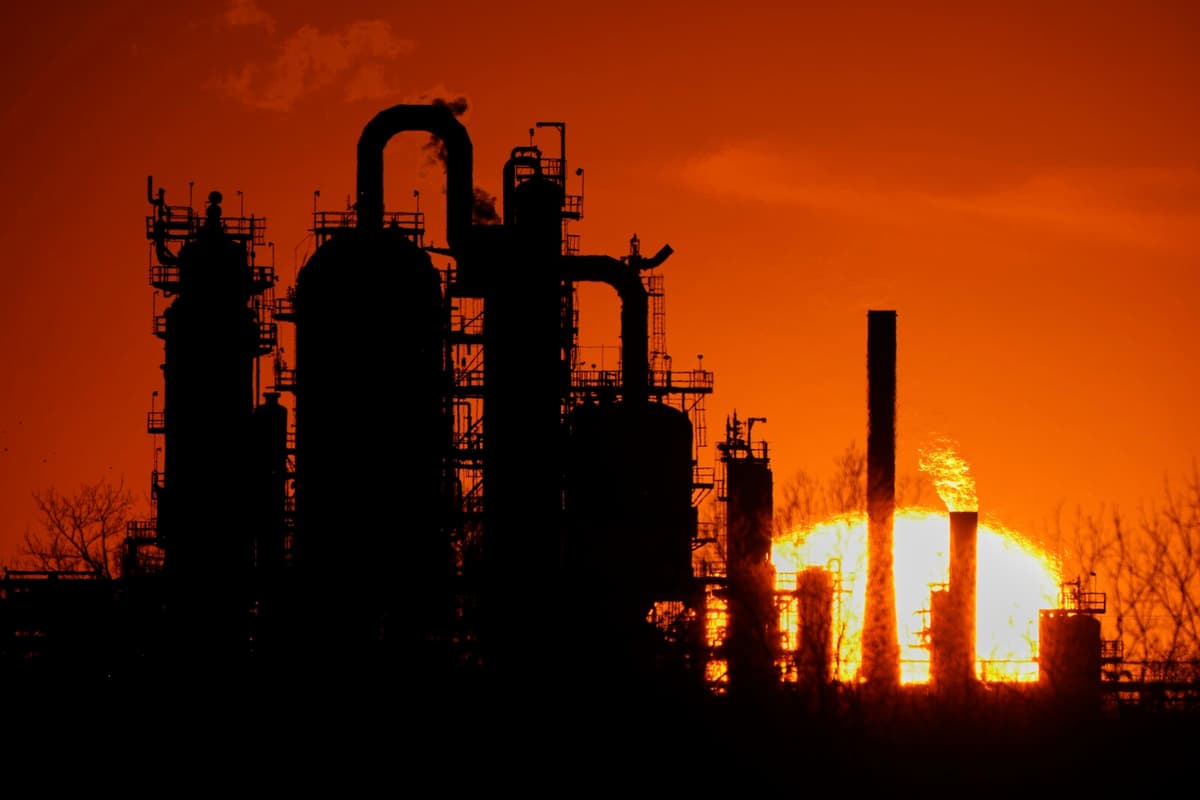The price of crude oil has already surged and is now at $73 per barrel, compared to $65 per barrel a week ago. During the night when the attacks took place, the price rose quickly, but the increase has calmed down somewhat during Friday morning. But it's nervous on the oil market.
The thing people are afraid of is that what is happening in the area will stop oil production and transportation. It can also become a blockade, says Thina Saltvedt.
Severe consequences
Especially exposed is the Hormuz Strait south of Iran, where much of the oil transport from several countries such as Iran, Iraq and Saudi Arabia must pass, she explains. A stop there can have very severe consequences.
When the oil price rises, it's not just the price of gasoline that rises. All goods become more expensive.
Nearly everything that is manufactured and sold includes freight costs that are affected by the oil price, and a rising oil price has repercussions on all parts of the chain, she notes. But how high it can go, it's not possible to say now.
It depends on what happens in the future.
The Iranian Oil Ministry states a few hours after the attack that neither oil production nor the depots are believed to have been damaged in the attack, according to AFP.
Can affect producers
Still, the oil market is shaken, and Thina Saltvedt says that the attacks can affect the really big producers, and that there is not much reserve capacity elsewhere that can replace a stop in the area.
The question is whether there is a risk of a new inflation shock.
That's not what worries me most, but if the price rises sharply and stays high, it can affect it.
Average car drivers will have to prepare themselves to pay more at the gas pumps, but the increase does not necessarily have to come immediately.
Gas stations usually have a stock, but when they have to buy oil and gasoline on the market, prices rise, says Thina Saltvedt.






